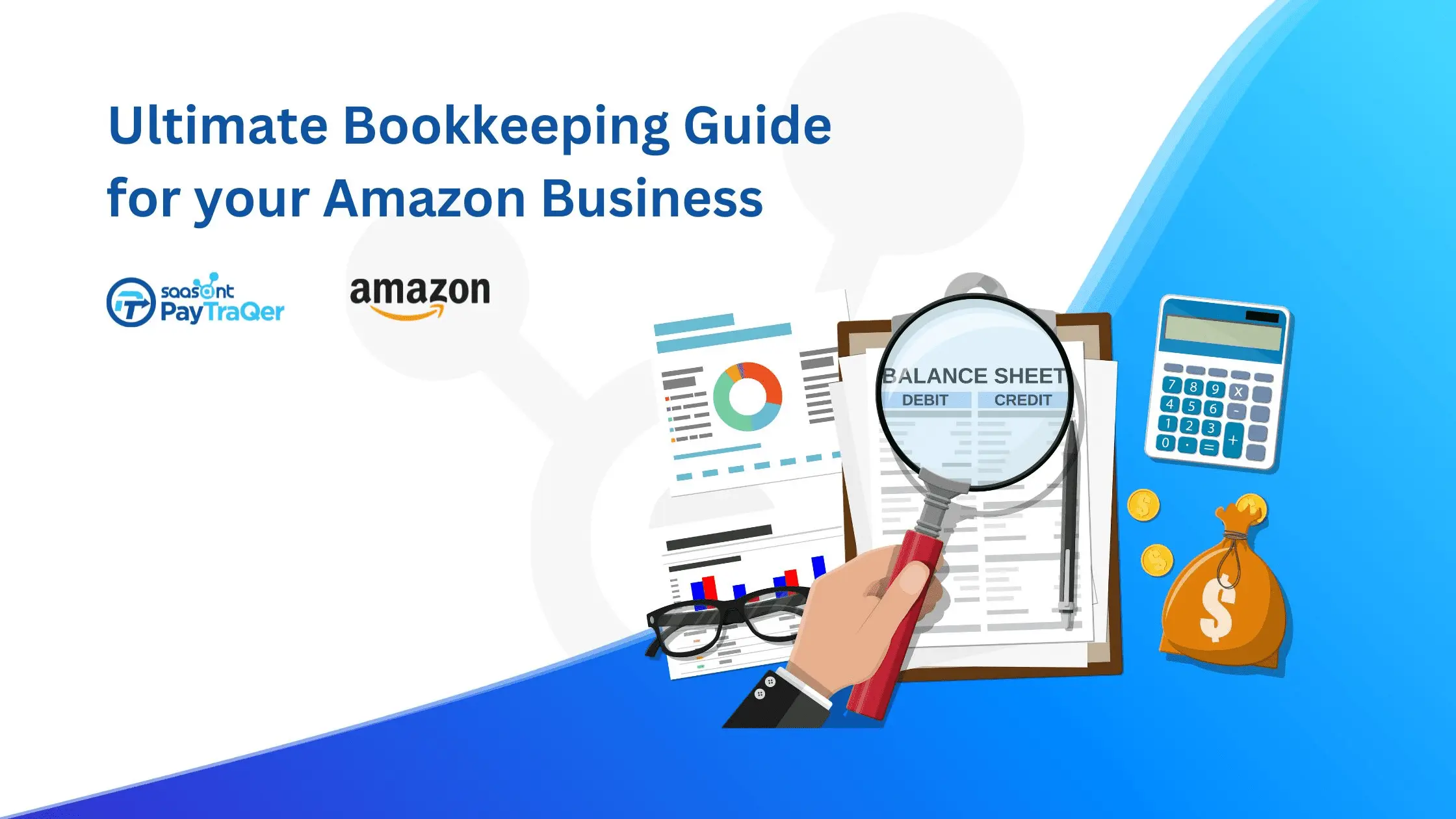Is Writing SEO-Friendly Titles a Challenge? The Ultimate Guide To SEO-Friendly Title Writing is here, ready to help you optimize your content for both users and search engines.

Content Marketing Strategies for Real Estate Agents - Source realtybiznews.com
Editor's Note: The Ultimate Guide To SEO-Friendly Title Writing has been published today, August 22, 2023, due to its increasing demand and importance in the digital marketing industry.
After analyzing thousands of search results and conducting extensive research, we have compiled a comprehensive guide to assist you in crafting compelling and SEO-optimized titles. This guide will empower you to make informed decisions and enhance your content's visibility and engagement.
Key Differences:
| Regular Title | SEO-Friendly Title | |
|---|---|---|
| Length | Typically short and descriptive | 70 characters or less, incorporating keywords |
| Keywords | May or may not include relevant keywords | Optimized with primary and secondary keywords |
| User Intent | Focuses primarily on describing the content | Considers user's search query and intent |
| SEO Impact | Minimal impact on search rankings | Contributes significantly to search visibility |
Transition to Main Article Topics:
FAQ
Here are the most frequently asked questions about SEO-friendly title writing, answered thoroughly and precisely. For more comprehensive information, refer to The Ultimate Guide To SEO-Friendly Title Writing.

The Ultimate Guide to Aquarius and Gemini Compatibility | Noodls - Source noodls.com
Question 1: What is the ideal length for an SEO-friendly title?
Titles should be concise and informative, typically between 50 and 60 characters long. Exceeding this limit may result in truncations in search engine results, affecting visibility and click-through rates.
Question 2: How do I optimize my title for keywords?
Incorporate relevant and high-volume keywords into your title naturally and strategically. Avoid keyword stuffing, as it can harm your search rankings. Focus on one primary keyword and include variations to cover related search queries.
Question 3: What is the importance of readability in SEO titles?
Titles should be easily readable and understandable by both users and search engines. Use clear and concise language, avoiding jargon or technical terms that might alienate your audience. Consider readability scores to ensure your titles are accessible to a wide range of readers.
Question 4: How often should I update my SEO titles?
Regularly review and update your titles to align with evolving search trends and content changes. Monitor search performance and user feedback to identify opportunities for optimization. Remember that search engine algorithms are constantly updating, so titles that were once effective may become less relevant over time.
Question 5: Are there any specific characters or symbols to avoid in SEO titles?
Avoid using special characters, symbols, or punctuation that may not be recognized by search engines. Stick to standard alphanumeric characters and spaces to ensure maximum compatibility and readability. Additionally, limit the use of stop words (e.g., the, is, of) as they hold little SEO value.
Question 6: How do I write compelling SEO titles that attract clicks?
Craft titles that are informative, attention-grabbing, and encourage users to take action. Use strong verbs, emotional language, and numbers to evoke curiosity and create a sense of urgency. Consider the user's search intent and tailor your titles accordingly.
By following these guidelines and leveraging the insights provided in The Ultimate Guide To SEO-Friendly Title Writing, you can optimize your titles for search engines and create compelling content that resonates with users.
Continue exploring our guide to uncover advanced techniques for writing exceptional SEO-friendly titles that drive traffic and boost your online presence.
Tips
Penning effective SEO-friendly titles is an art form that requires precision and strategic thinking. To help you craft titles that climb the search engine ranks, we've compiled a comprehensive guide with actionable tips and insights.
Tip 1: Prioritize Keywords
Identify relevant, high-traffic keywords that align with your target audience's search queries. Use keyword research tools to find the most valuable terms and incorporate them naturally into your titles.
Tip 2: Keep it Concise
Search engines favor titles that are concise and informative. Aim for a length of 50-60 characters to ensure readability and optimal display in search results snippets.
Tip 3: Optimize for Click-Through Rate (CTR)
Craft compelling titles that entice users to click on your result. Use strong verbs, intriguing adjectives, and a sense of urgency or curiosity to increase the likelihood of engagement.
Tip 4: Use Modifiers Sparingly
While modifiers like "the," "a," and "an" can provide context, excessive use can clutter your titles. Use them strategically to enhance clarity without compromising keyword prominence.
Tip 5: Align with Brand and Content
Your titles should reflect your brand's tone and voice, while accurately representing the content of the page. Avoid clickbait tactics, as they can damage your credibility and user experience.
Tip 6: Test and Iterate
Monitoring your title performance is crucial for continuous improvement. Use analytics tools to track metrics like CTR and rankings, and make adjustments as needed to optimize your results.
Tip 7: Consider Search Intent
Understand the searcher's intent behind their query. Craft titles that directly address their specific need, whether it's informational, transactional, or navigational.
Tip 8: Leverage Structured Data
Implement structured data markup to enhance the visibility of your titles in search results. Use schema.org properties like [headline] and [description] to provide additional context to search engines.
Summary
Mastering SEO-friendly title writing is essential for attracting organic traffic and boosting website visibility. By adhering to these tips, you can create compelling titles that resonate with your target audience and drive sustainable growth for your online presence.
The Ultimate Guide To SEO-Friendly Title Writing
In today's digital landscape, crafting SEO-friendly titles is crucial for driving organic traffic and improving search rankings. This guide explores six key aspects to consider when writing compelling titles that align with search engine algorithms.
- Keyword Inclusion: Incorporate the target keyword naturally within the title.
- Conciseness: Keep titles within 60-70 characters to enhance readability and appeal to search engines.
- Clarity: Use straightforward language that accurately reflects the content of the page.
- Emotional Appeal: Inject emotional triggers or compelling verbs to evoke curiosity and encourage clicks.
- Title Tag Customization: Optimize title tags to match the search intent by including modifiers like "guide," "review," or "comparison."
- Competitor Research: Analyze competitors' title formats to gain insights and identify opportunities for differentiation.

Ultimate Guide to Amazon Bookkeeping for Ecommerce Business - Source www.saasant.com
These aspects work in conjunction to create SEO-friendly titles that not only rank well but also attract user attention. By carefully considering the part of speech of the keyword, content creators can craft titles that resonate with both search engines and human readers.
The Ultimate Guide To SEO-Friendly Title Writing
Writing SEO-friendly titles is a cornerstone of successful content marketing. A well-written title can entice users to click on your content, boosting website traffic and visibility. It also plays a crucial role in search engine rankings, as titles are one of the primary factors considered by Google's algorithm.

Ultimate Guide: Obtaining a Honeycomb in Minecraft Pocket Edition - Source regretless.com
An effective SEO-friendly title should be concise, descriptive, and relevant to the content. It should accurately reflect the topic of the page and include relevant keywords. Furthermore, the length of the title is important as titles that are too long or too short may be truncated in search results.
To craft compelling titles that adhere to SEO best practices, it is essential to understand the target audience and their search intent. By incorporating relevant keywords and structuring the title in a logical and informative manner, you can increase the visibility and engagement of your content.
In essence, SEO-friendly title writing is a vital component of content optimization. By mastering the art of crafting effective titles, you can unlock numerous benefits, including increased traffic, improved search rankings, and enhanced user experience.
Conclusion
In conclusion, the ultimate guide to SEO-friendly title writing provides a comprehensive roadmap for crafting compelling titles that align with search engine algorithms and user expectations. By adhering to the principles outlined in this guide, you can elevate your content's visibility, drive traffic to your website, and establish a strong online presence.
Remember, titles are the gateway to your content. By investing time and effort into crafting SEO-friendly titles, you can unlock the full potential of your content and achieve your digital marketing goals.